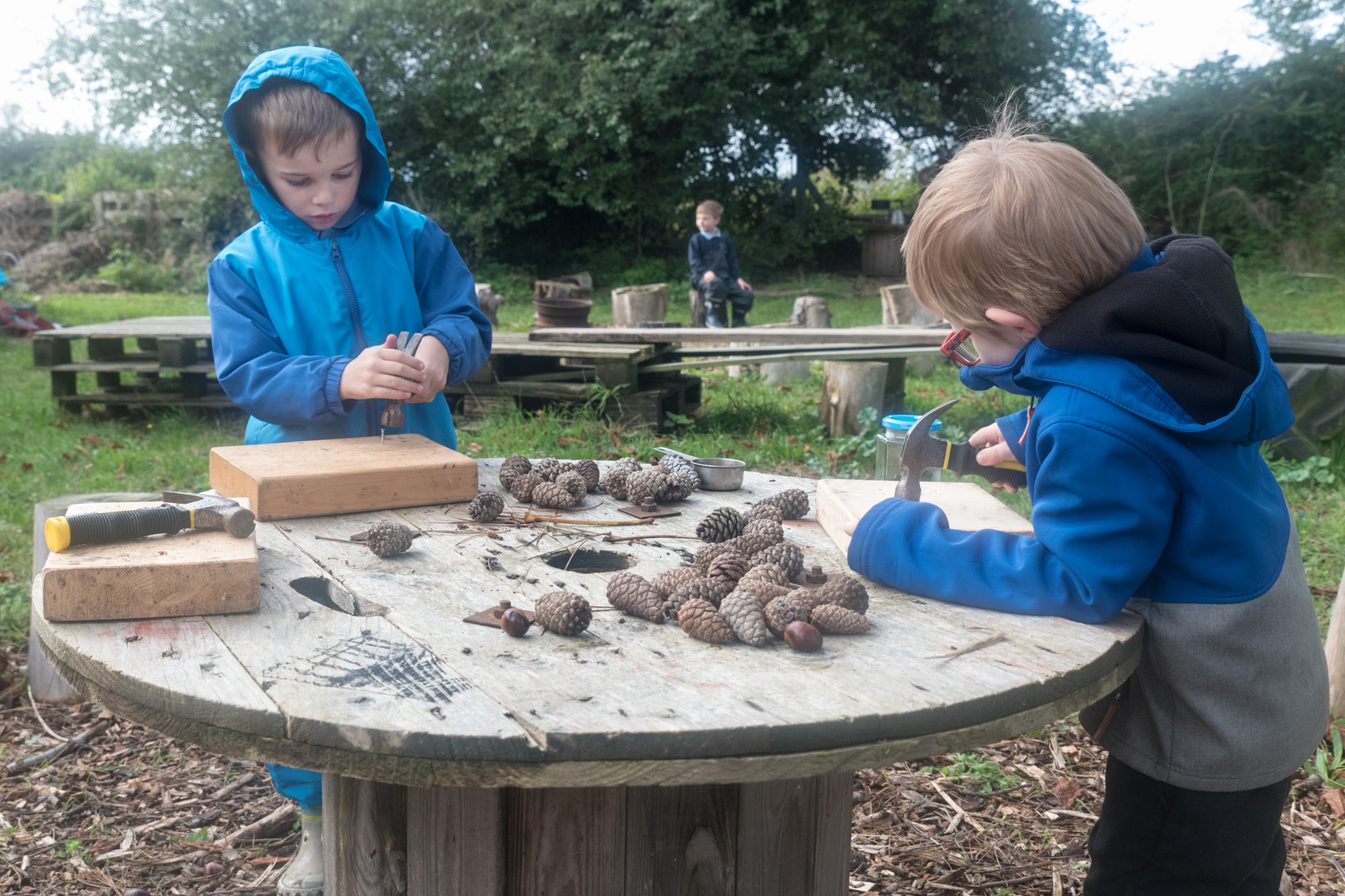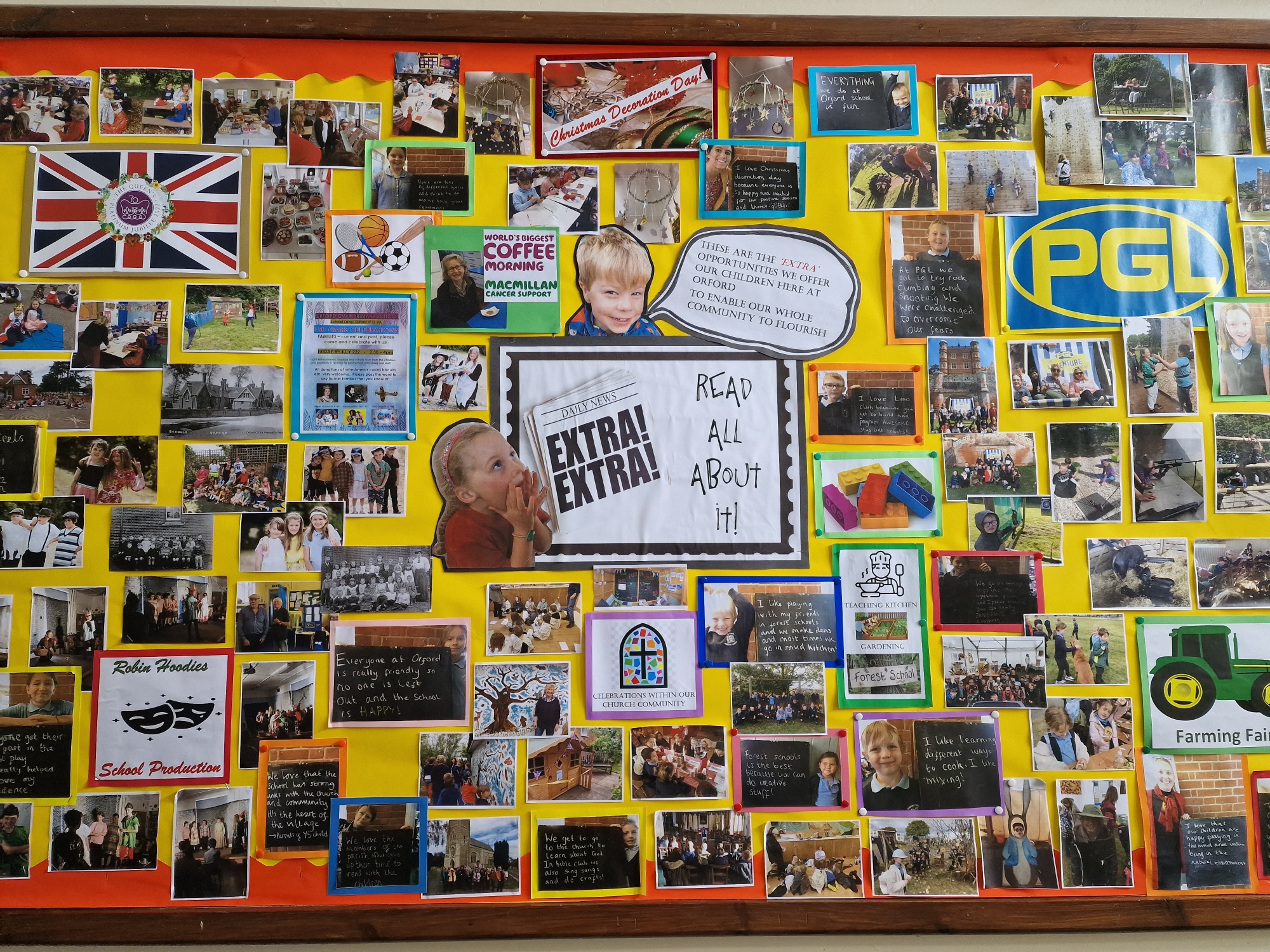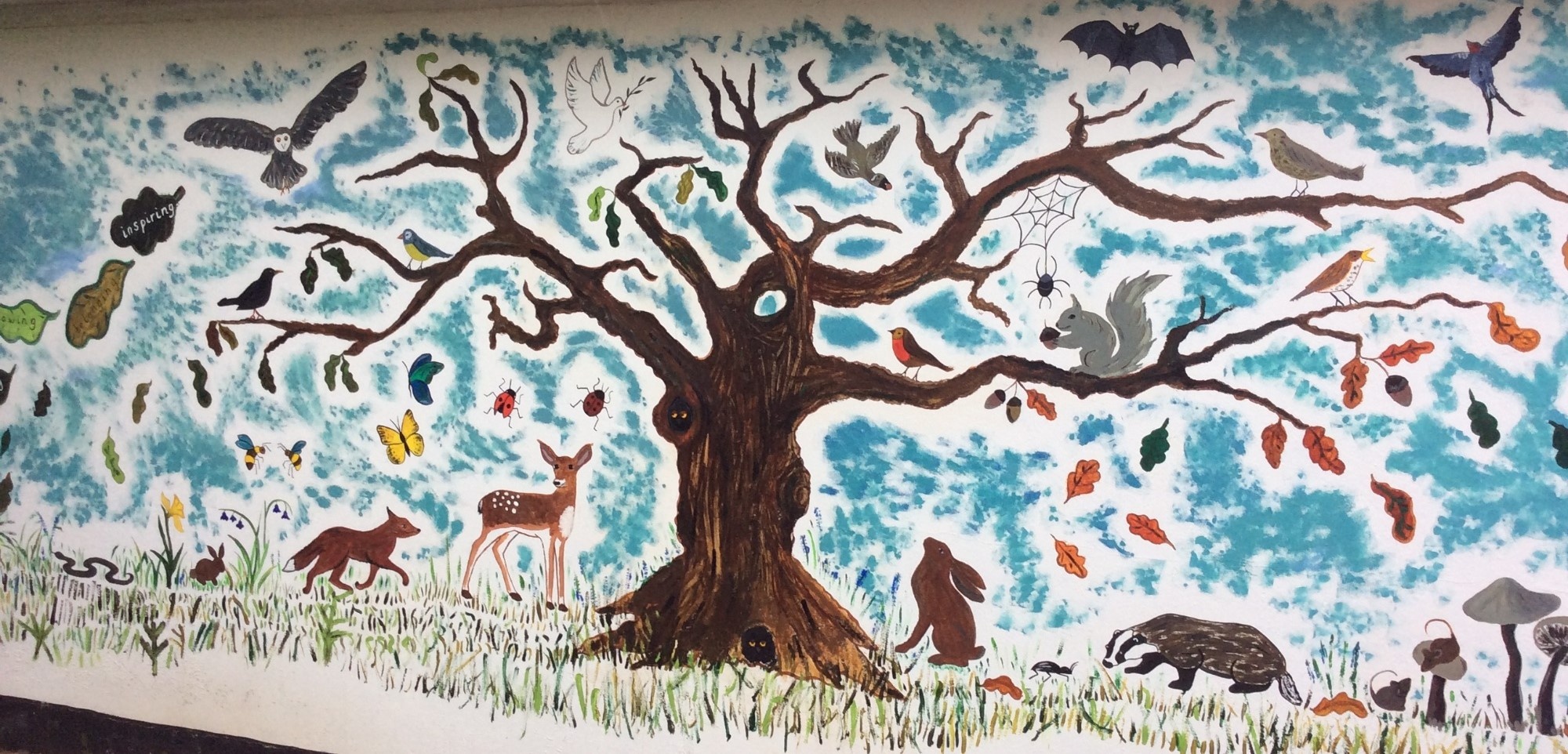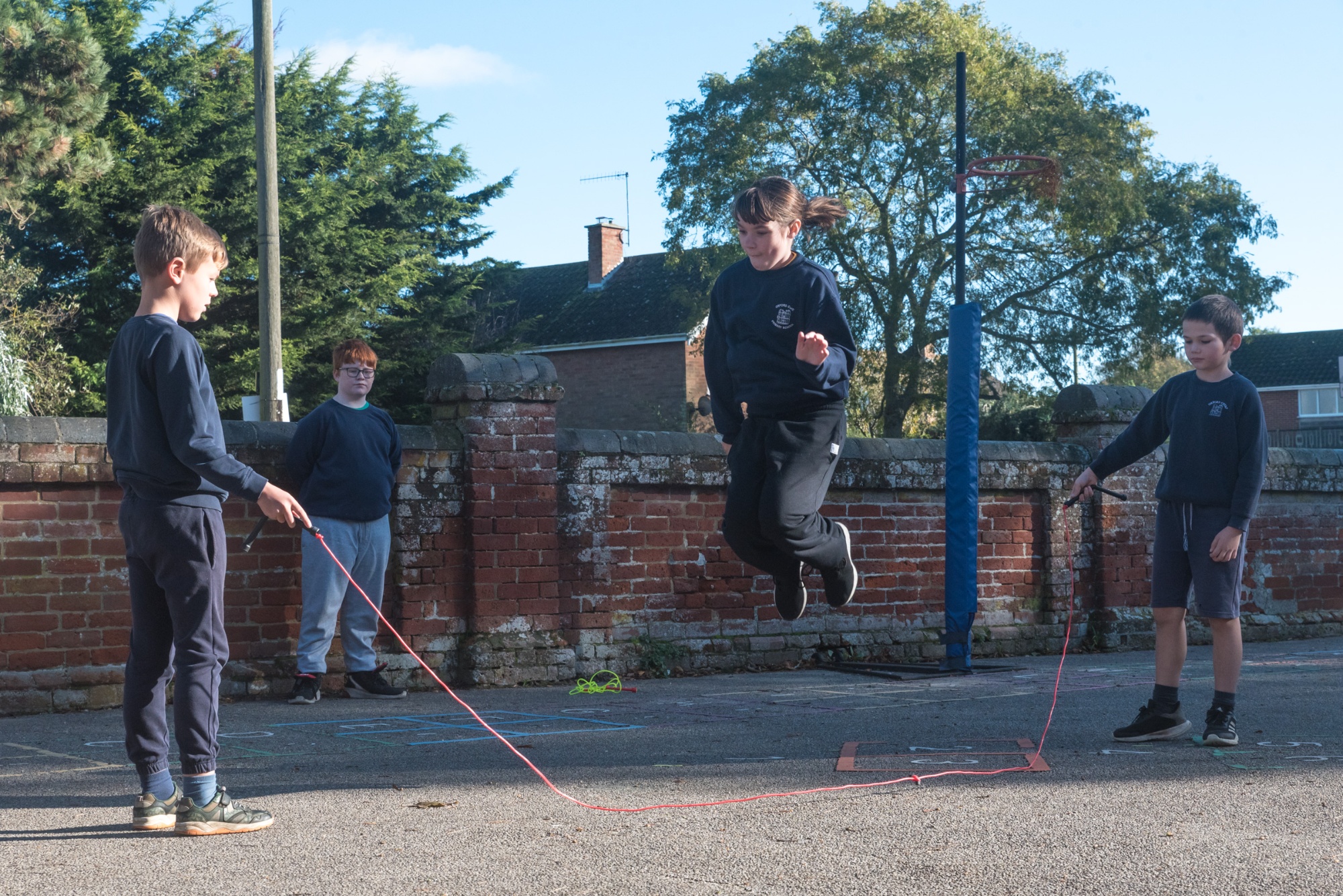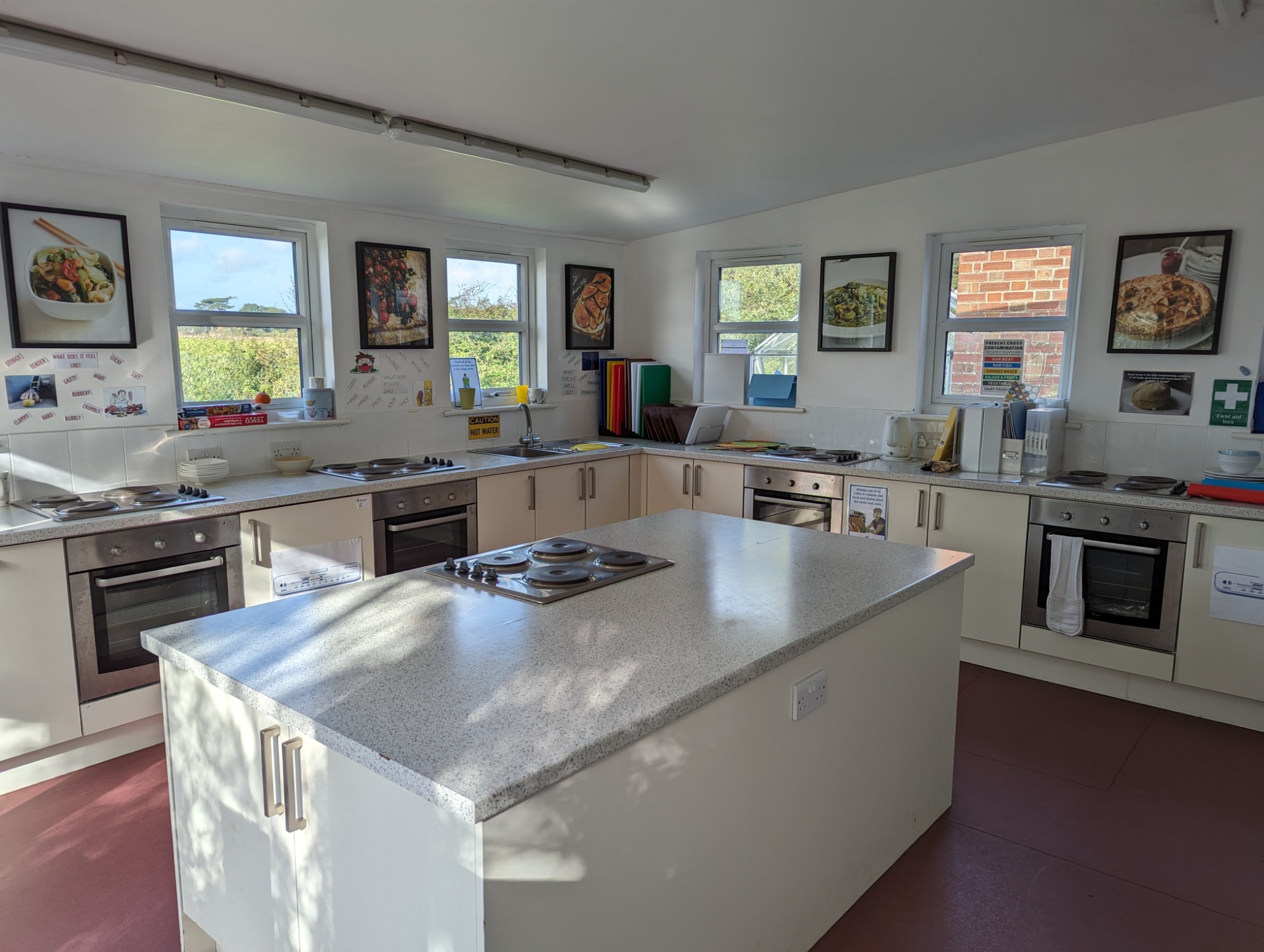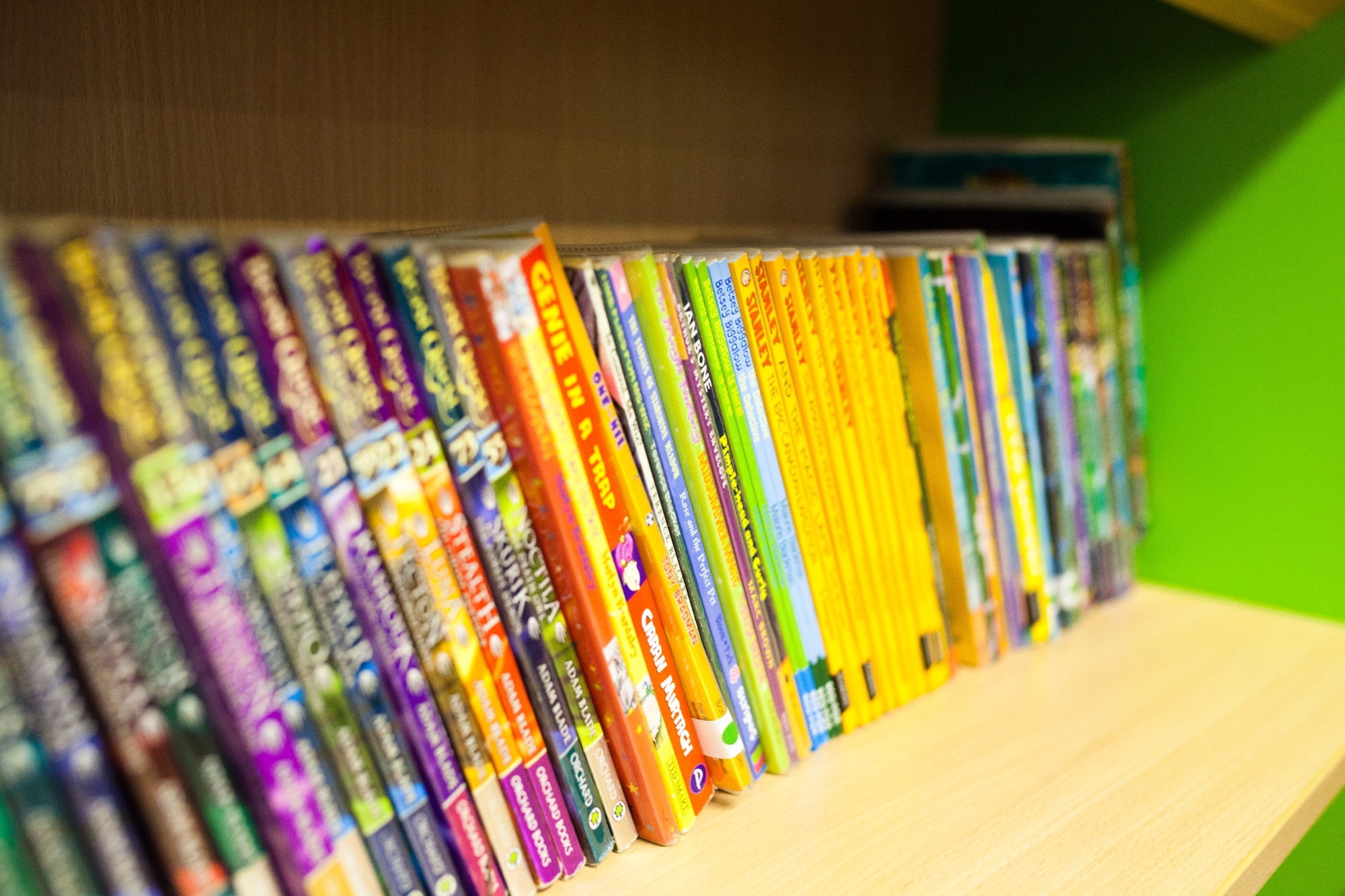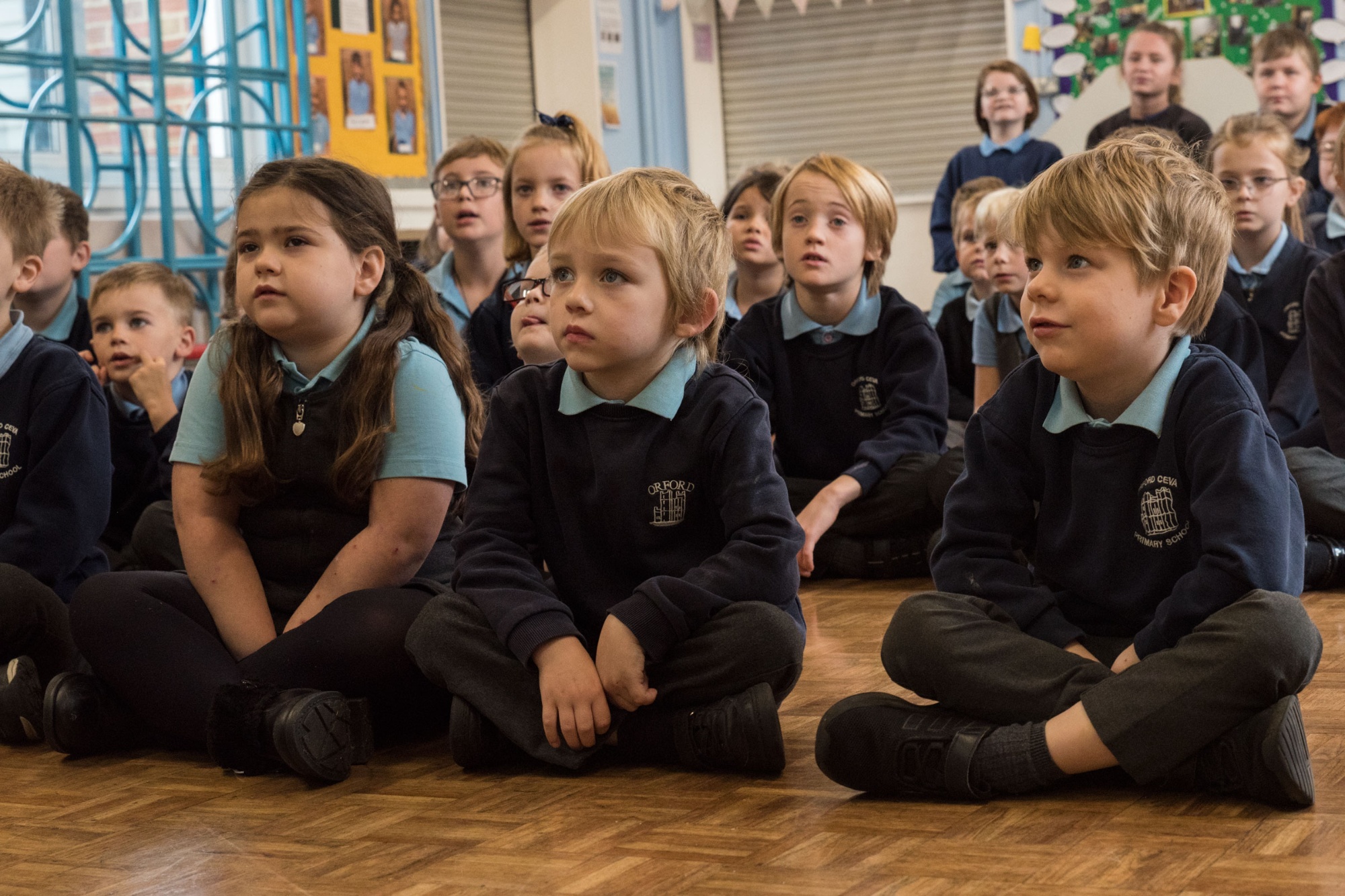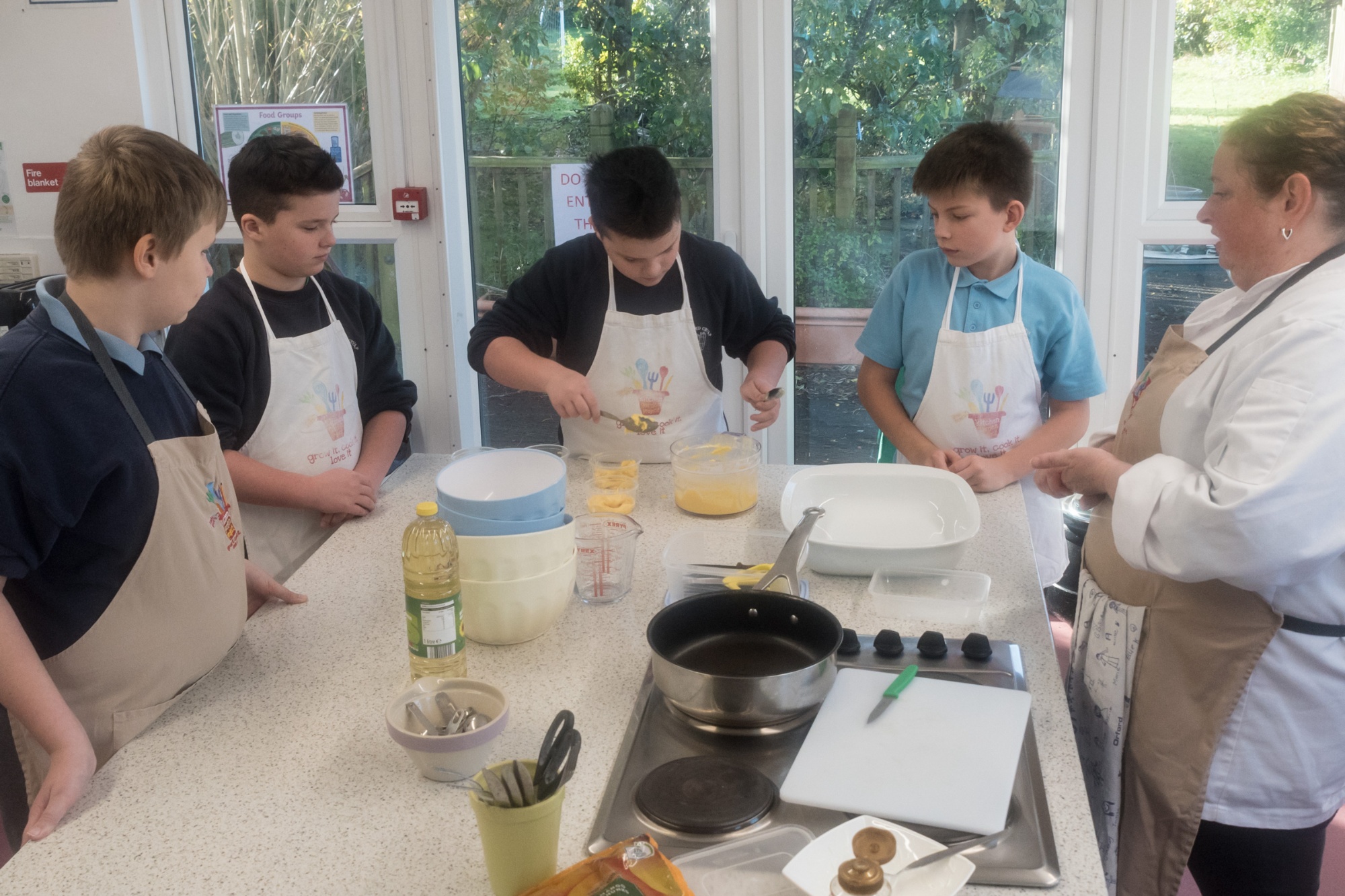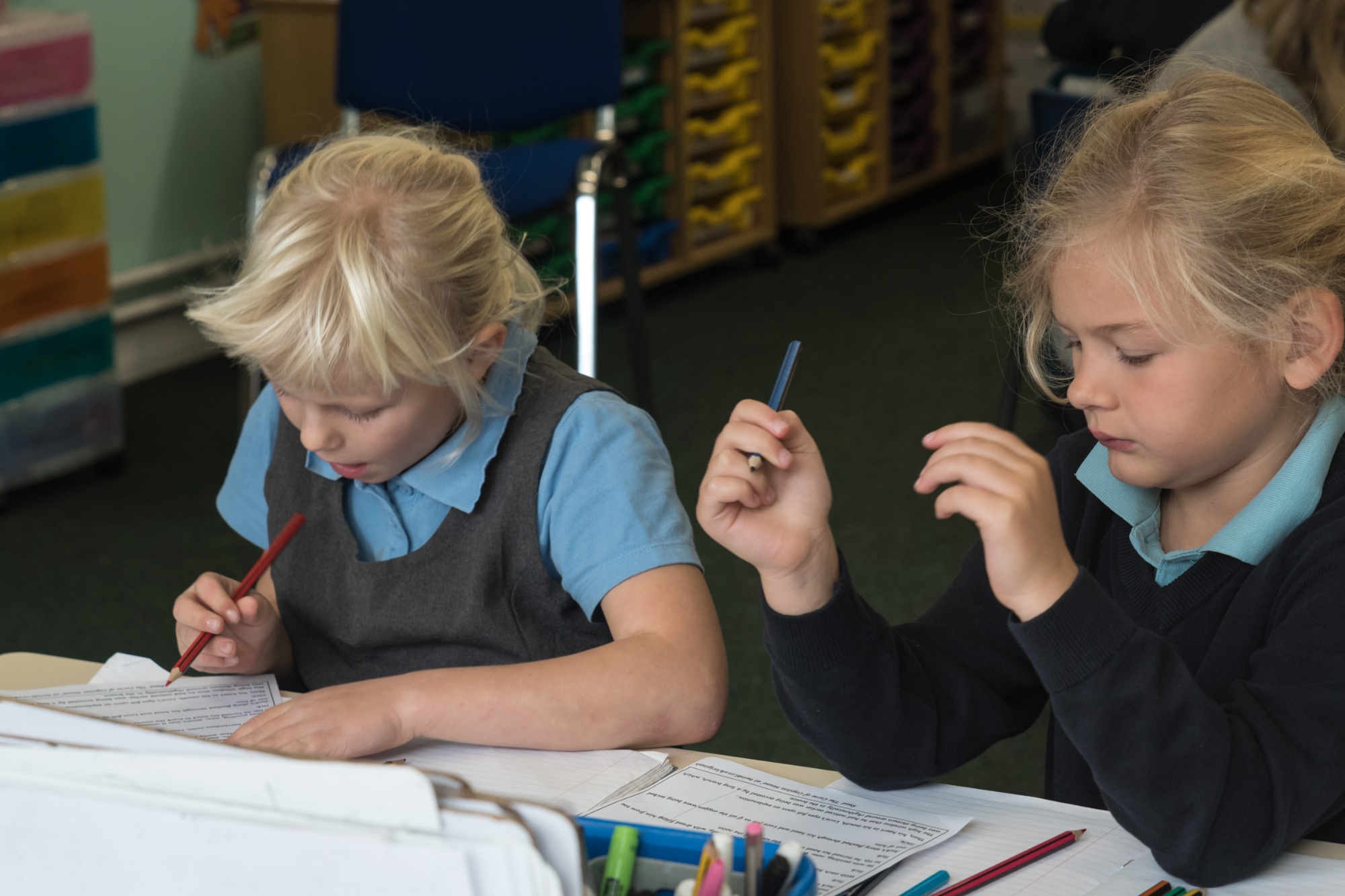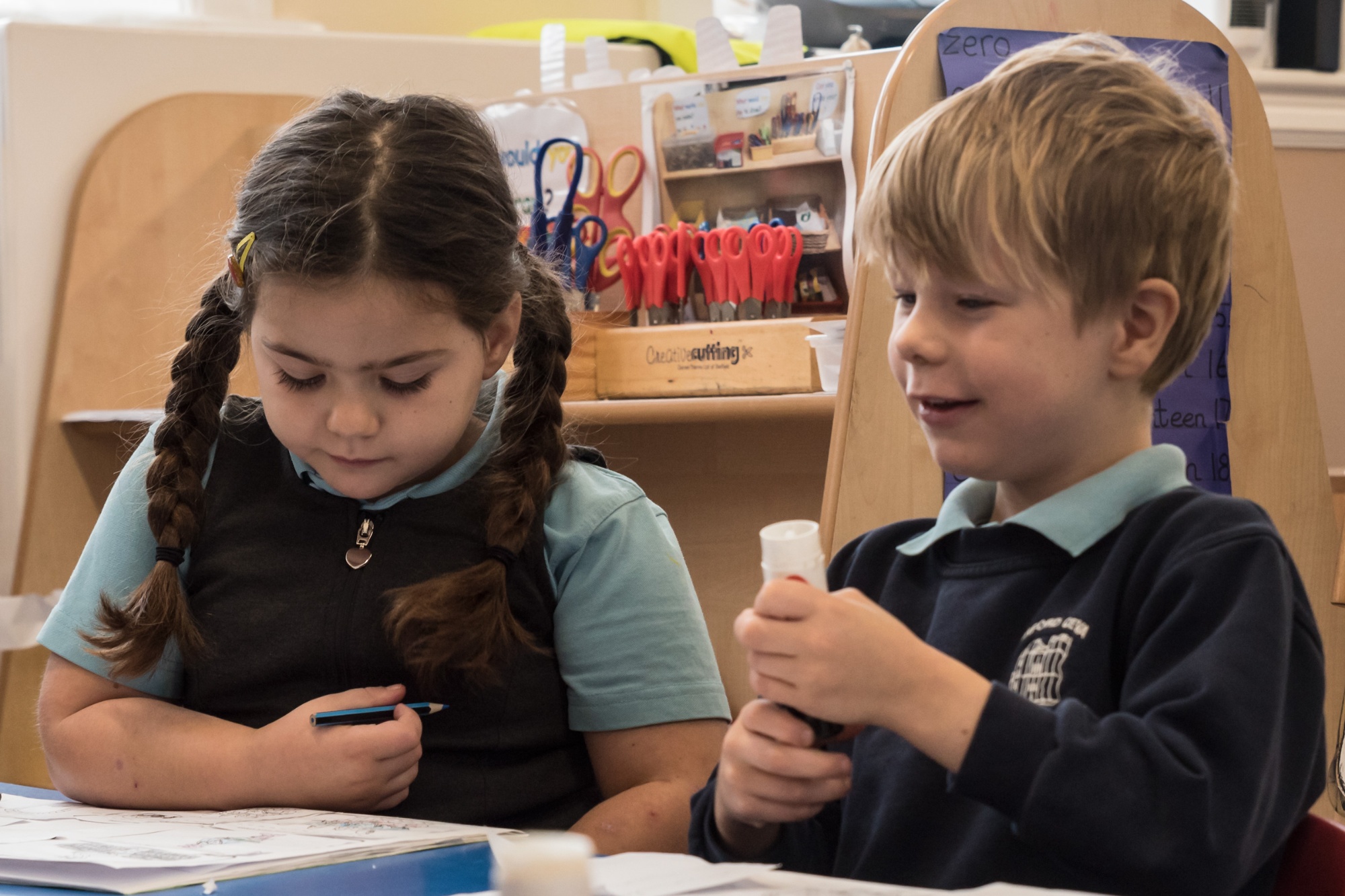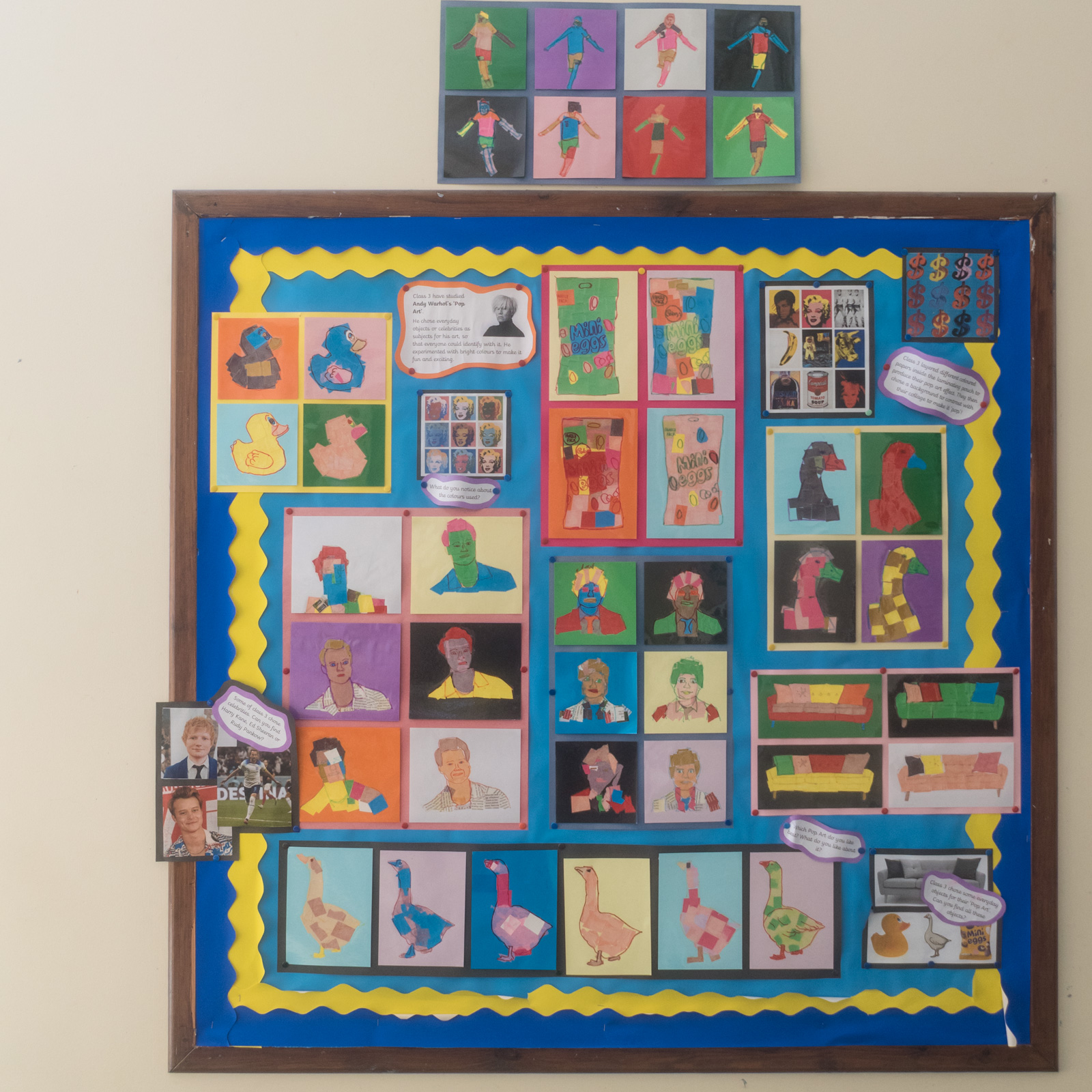| |
|
IMPLEMENTATION
At Orford C of E Primary, we achieve this through teaching for 'Maths Mastery'.
We use the White Rose planning and documents to underpin our mastery approach to teaching maths; breaking down larger concepts into smaller steps. We teach maths every day for 1 hour. Time during the school day is set aside to practise recall of number facts, arithmetical and procedural fluency. The school’s calculation policy ensures consistent progression across the school, from EYFS through to Y6.
The Early Years mathematics activities are embedded into daily continuous provision in EYFS, alongside direct teaching which will introduce aspects of a mastery approach.
The 'Big Ideas' of maths mastery:
- The big ideas in Mathematics are number (broken up into place value, addition, subtraction, multiplication, division and fractions/decimals/percentages), geometry (properties of shape, position and direction), measurement and statistics. For year 6, Ratio and Proportion is also studied.
- In all of these areas, children should be fluent, able to reason mathematically and able to solve problems as specified in the National Curriculum, as this will lead to Mathematics mastery.
- The 5 steps to Mastery in maths are:
- coherence (each concept is broken down into small steps),
- representation and structure (visualising the maths using apparatus, drawings and numerical representations)
- mathematical thinking (applying concepts and methods to problem solving and explaining thinking/reasoning)
- fluency (being able to calculate accurately and efficiently - leading to confident working - and to be flexible in their choice of strategies)
- variation. (by drawing attention to essential structures and relationships within a concept this influences the way children think about their maths).
In our mixed age classes, a typical maths lesson, where possible, will cover the skills and knowledge appropriate to each year group, with children accessing different levels of challenge focused on the same broad learning concept. During lessons, the children work through concepts suitable to their age group. Their learning is supported by opportunities to:
- practise their skills in a White Rose pupil workbook and maths journal practise;
- apply their learning to answer open-ended reasoning questions within the unit and within additional sessions answer with a problem solving focus.;
- talk and explain the mathematics they are learning, using stem sentences to support oracy and the acquiring of mathematical vocabulary;
- practise fluency: recall of number facts, and practise of mental calculations and formal methods.
|
